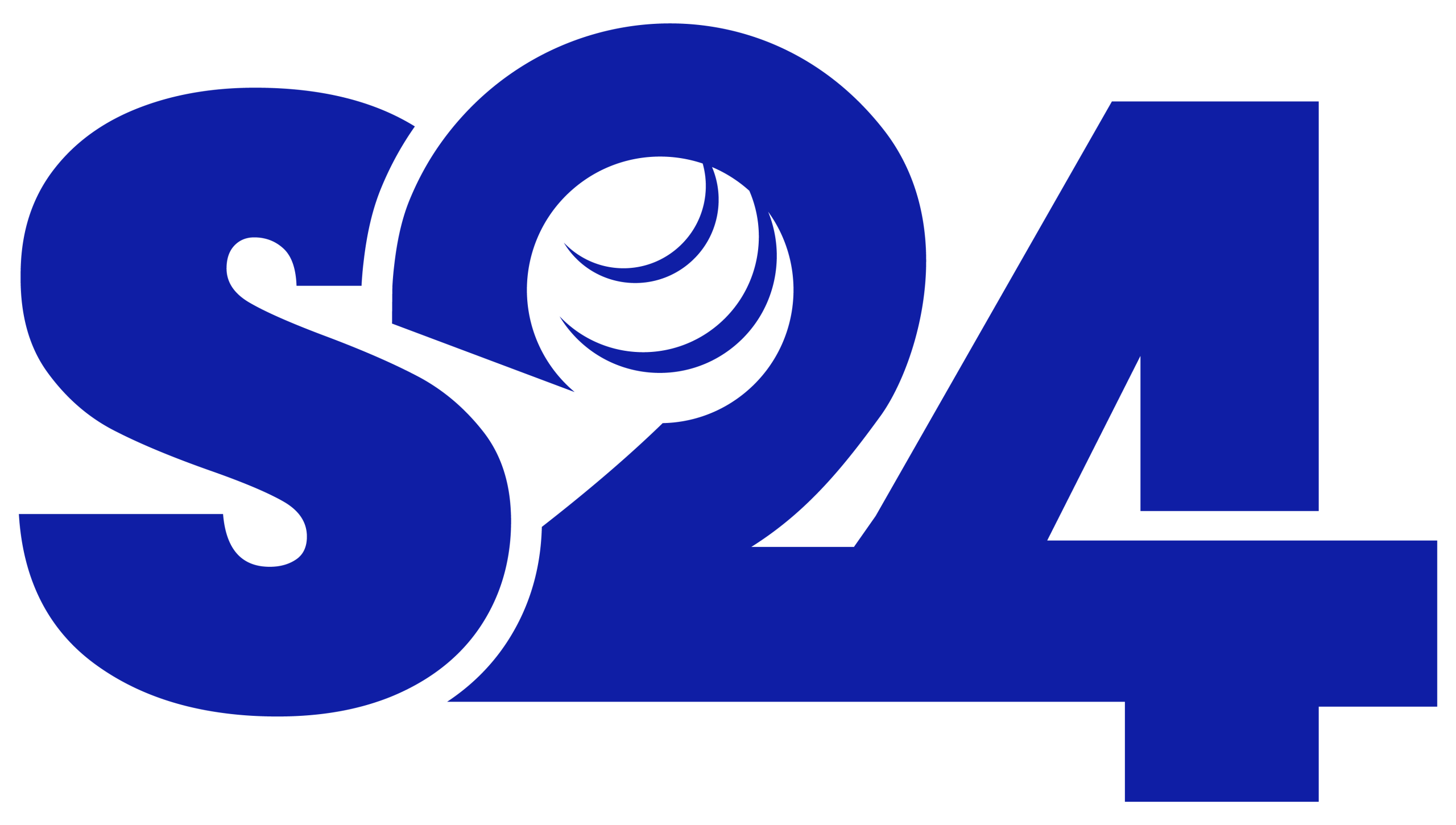Nigeria’s top private sector organizations the Nigeria Employers’ Consultative Association (NECA), Manufacturers Association of Nigeria (MAN), and Nigerian Association of Chambers of Commerce, Industry, Mines and Agriculture (NACCIMA) have rejected the Senate’s proposed plan to take over the management and control of the Nigeria Social Insurance Trust Fund (NSITF).
They described the move as unconstitutional, anti-private sector, and a potential setback for social dialogue and the tripartite labour system that governs the country’s workforce relations.
The controversy began after the Senate proposed an amendment to the NSITF Act that would grant the federal government full control over the fund, sidelining private sector participation.
Under the proposed legislation, all board appointments and fund management would be transferred solely to government oversight a move the business community says violates the existing tripartite ownership structure, which includes the government, organized labour, and employers.
NECA Director-General, Mr. Adewale-Smatt Oyerinde, condemned the bill, saying it was an attempt to “hijack a national trust fund built on mutual contributions of employers and employees.”
“This bill seeks to exclude the private sector and organized labour from the governance of an institution they co-own. It is unacceptable and inconsistent with the International Labour Organization (ILO) conventions that Nigeria subscribes to,” Oyerinde said.
The Manufacturers Association of Nigeria (MAN) echoed NECA’s position, warning that government dominance in the NSITF could lead to inefficiency, political interference, and corruption.
MAN’s President, Mr. Francis Meshioye, said, “The private sector contributes the bulk of funds to NSITF through employers’ remittances. It is only fair and just that we retain a strong voice in its governance. Turning it into another government agency will erode accountability and discourage compliance.”
Similarly, NACCIMA President, Dele Kelvin Oye, cautioned that the Senate’s move could damage investor confidence and disrupt social insurance protection for millions of workers.
“The NSITF was designed as a collaborative social safety mechanism. What we need now is reform for efficiency, not total government control. The Senate must reconsider this proposal to avoid unintended economic consequences,” Oye said.
Labour experts have expressed concern that the Senate’s plan could undermine the tripartite labour system, a global best practice model that ensures balanced representation between government, employers, and workers.
The Nigeria Labour Congress (NLC) and Trade Union Congress (TUC) have also hinted at joining the opposition, emphasizing that the NSITF’s credibility depends on inclusive governance.
A labour policy analyst, Dr. Sunday Ojo, told reporters that the takeover would “mark the beginning of centralized control of worker welfare funds,” a development that could trigger legal and industrial actions.
He said, “This is not just about who manages the NSITF. It’s about trust and participation. The moment one stakeholder is silenced, the system collapses into bureaucracy and inefficiency.”
The NSITF, established in 1993, was originally meant to provide compensation to employees who suffer workplace injuries, disabilities, or death. Over the years, the fund has faced several management and corruption scandals, prompting calls for reform.
However, NECA and MAN insist that reform must come through transparency and joint supervision, not unilateral takeover.
In 2021, the House of Representatives had similarly attempted to amend the NSITF Act, but the proposal was suspended following widespread stakeholder backlash.
The private sector organizations have now urged the Senate to convene a stakeholders’ dialogue rather than pushing through the amendment without consultation.
According to NECA, the NSITF must continue to operate under a structure that promotes accountability and collaboration, not political patronage.
Oyerinde stated, “The private sector will resist any law that attempts to erode our role in the management of funds that come from our contributions. We call on the Senate to embrace engagement over imposition.”
As of press time, the Ministry of Labour and Employment and the Senate Committee on Labour had not issued any official statement responding to the backlash.
Sources within the ministry revealed that internal consultations are ongoing to assess the implications of the proposed changes before the next legislative session.
The face-off over the NSITF takeover bill highlights a deeper struggle between government control and private sector accountability in Nigeria’s social protection architecture.
As debates continue, experts insist that sustainable reform can only be achieved through mutual trust and inclusion not domination by any single party.
“The NSITF belongs to workers, employers, and the government not the government alone,” one labour union leader told reporters. “We cannot afford to turn social insurance into political insurance.”








